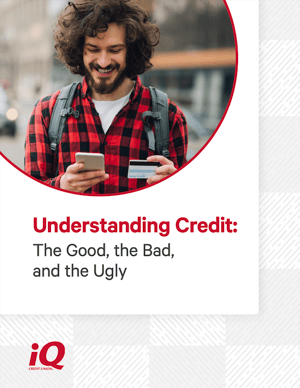Interest Rates
First, consider the interest rate. Interest rates are where most banks, credit unions, and other lenders tend to compete when it comes to issuing loans or credit cards. You want to look for lower interest charges. The lower the interest charged, the more you will save over the life of the loan. Interest rates may not be your primary criteria when it comes to borrowing, but they are a good place to start.
Terms and Tiers
You also want to shop for loan terms that suit your personal finances. Loans offer different terms built in that could be to your advantage. For example, if you are having a cash shortfall but know there will be more money available in the future, you might get a better rate with a loan that has a balloon payment built in. If you need a student loan, for example, you may want to make larger payments later when you have more earning power. Some home loans are interest-only for an initial period or have adjustable rates, which can mean lower payments at the start of the loan. This can be advantageous if you plan to sell before the rates adjust or expect your financial situation to change. Review the terms of a loan and any changes that may affect your ability to repay.
Penalties
Be sure you understand the penalties for missed or late payments. Even if you pay your bills on time, you never know when you may have a financial setback that may mean you miss a payment. Be sure you understand the penalties for nonpayment. Failure to make payments will likely mean late fees and, in the worst case, loss of your car or even your home.
Loan Benefits
Many lenders build perks into their loans to attract borrowers. Look for benefits that may be valuable, such as discount loan rates, waived fees, a payment holiday, or a grace period to repay.
Secured and Unsecured Loans
Some loans require security in the form of collateral—usually the car in the case of an auto loan, the property in the case of a home loan, or something of tangible value to guarantee payment. An unsecured loan is issued based on the borrower’s creditworthiness, which is directly related to their income and credit score.



